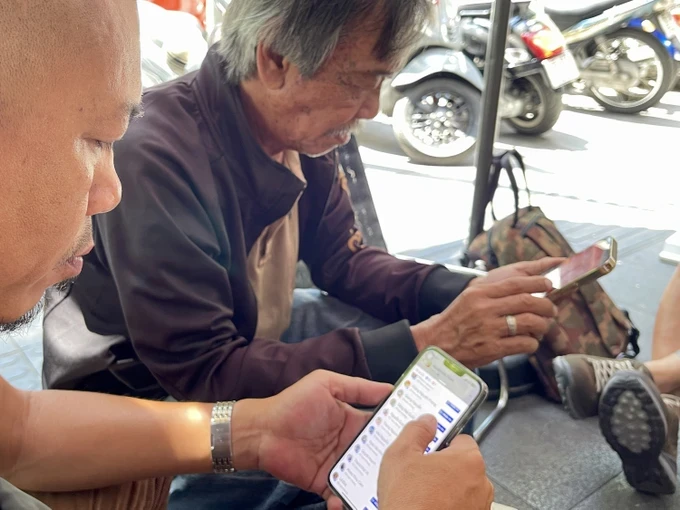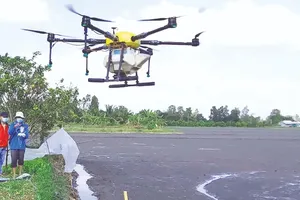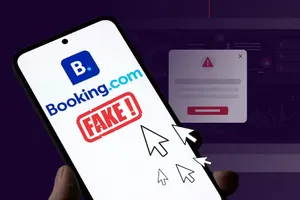
2G devices, also known as feature phones, do not support newer technologies of 3G/4G/5G. Therefore, when switching off the 2G network, these devices cannot no longer function, and users have to change to smartphones that are compatible with the 3G, 4G, and 5G networks.
For the past 2 years, VinaPhone (member of Vietnam Posts and Telecommunications Group – VNPT), has actively turned off individual 2G stations with little or no traffic, along with updating its subscribers on necessary information. It has developed a solution so that by September 2024, all of its 2G-device users will have smoothly switched to more advanced technologies. It has advised its customers to carry out this action as soon as possible to ensure their experience and rights.
Similarly, Viettel Telecoms shared that the plan to aid its clients to move from 2G to 3G or 4G technologies has been done for 4 years. This carrier is the first in Vietnam to upgrade its 3G-device subscribers to 4G successfully. To prepare for the permanent turn-off of the 2G network, Viettel has pioneered to cover all remote and mountainous areas with the 4G network while piloting the 5G one in several provinces and cities nationwide so that its customers encounter no disruption when the 2G network is formally phased out.
MobiFone informed that it has also prepared a clear roadmap for its customers during transformation from the 2G network to 4G one. To help mobile phone users get used to this, it offers multiple data packages with various new features.
The Ministry of Information and Communications has issued a formal dispatch directing that from March 1, 2024, mobile network carriers will refuse any mobile phones supporting only the 2G technology (not in the list of 2G mobile phones approved by this Ministry). This is the latest move to adopt the policy to stop the 2G technology and promote the use of smartphones for the establishment of a digital economy and society in Vietnam.
Before the release of an official announcement of the Information and Communications Ministry about blocking 2G phones that do not meet standards from accessing current mobile networks, all carriers have actively sent notices to remind their subscribers to check their own SIM card and device. They also run campaigns to aid their customers to switch to 4G-compatible devices at reasonable prices.
Deputy Director Nguyen Phong Nha of the Vietnam Telecommunications Authority (under the Ministry of Information and Communications) said that this Ministry has so far introduce various measures for the permanent turn-off of the 2G network in the country for mobile network carriers to follow. These organizations have also successfully piloted 5G technology and will test the 6G one in 2030 as planned by the Ministry.
“The Vietnam Public Utility Telecommunications Service Fund (under the Information and Communications Ministry) is going to deliver 400,000 4G mobile phones to eligible subjects in remote areas to help them switch to newer technologies. There will also be mobilizations of social resources to help those in need to change to 4G devices synchronously”, informed Deputy Director Nha.
The specific communications of vehicles on road and sea transport will not be affected by phasing out the 2G network because these subjects use radio waves and satellites. Common 2G-device users will receive a message or a call from their carrier for advice on switching to smartphones supporting the 4G technology.
In September 2024, there is no 2G subscribers on mobile networks in Vietnam as regulated by the Ministry of Information and Communications. This is expected to affect 15 million people currently using feature phones but is necessary to save frequencies for more modern telecoms technologies. The change is supposed to promote a digital environment for the national digital transformation and to ensure higher information security.
























